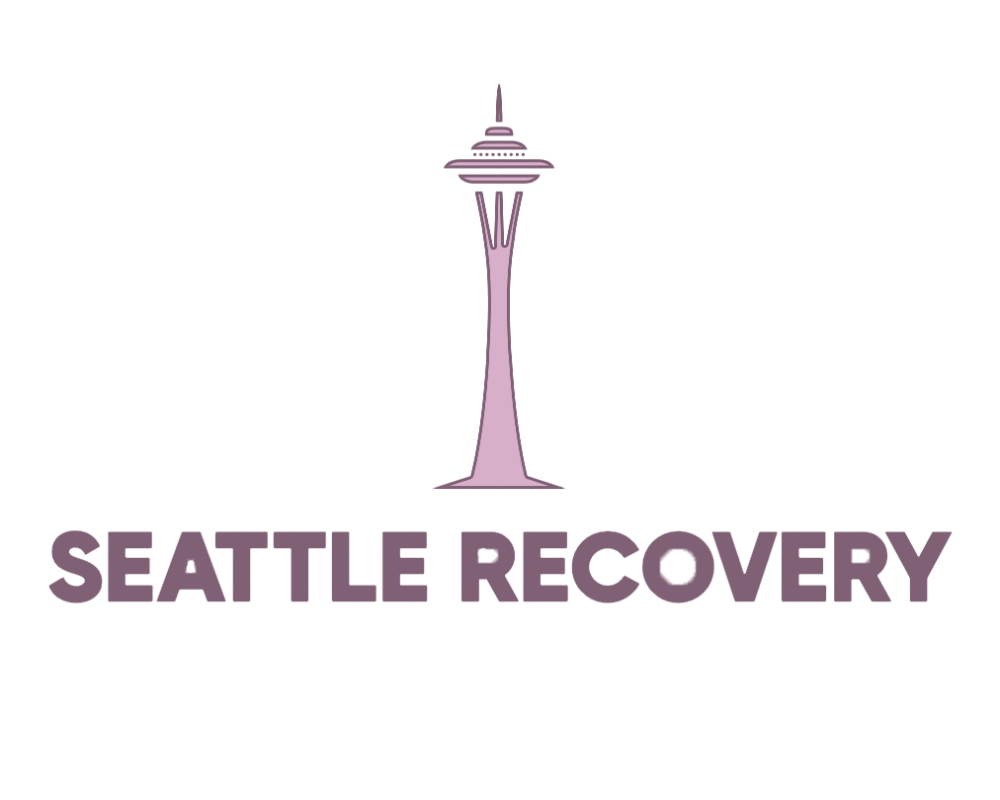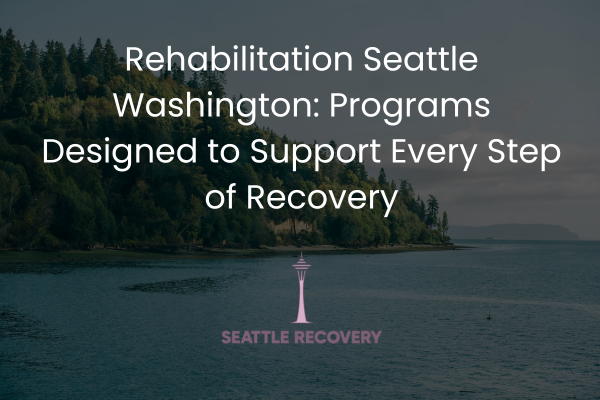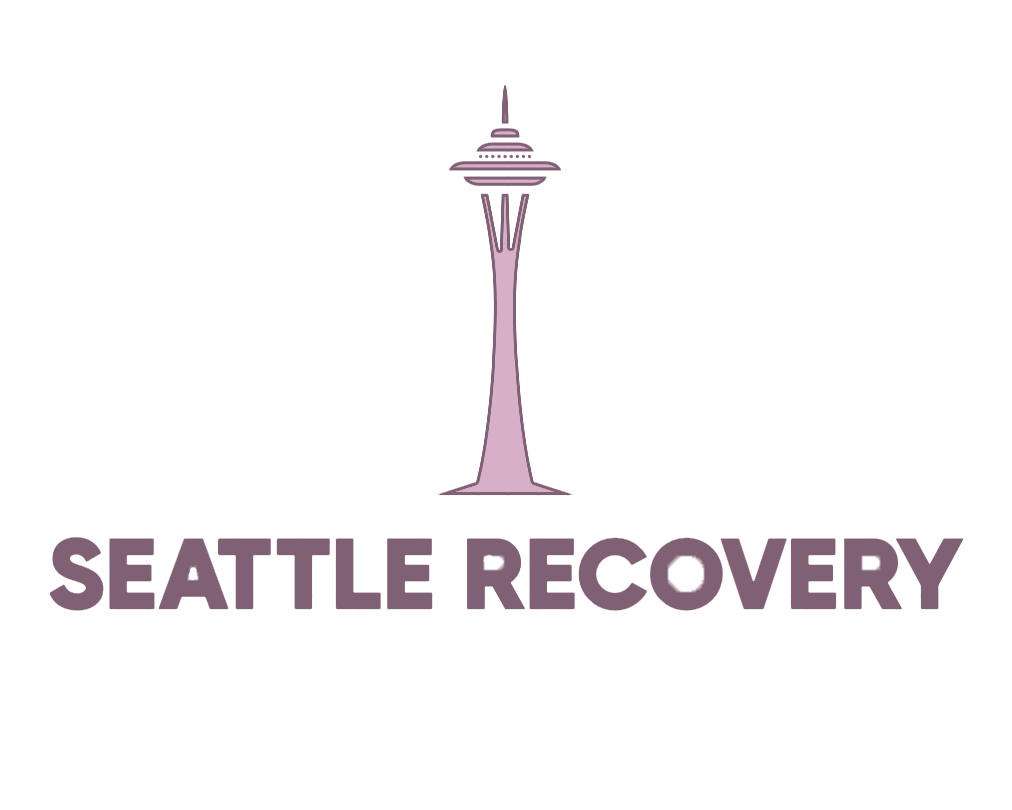Recovery from addiction or substance use disorders is a deeply personal journey that requires comprehensive support, evidence-based treatment, and a commitment to long-term healing. For individuals and families seeking help, rehabilitation seattle washington programs offer a wide range of services designed to address the unique challenges of recovery while providing compassionate care in a supportive environment. Seattle’s rehabilitation centers understand that recovery is not a one-size-fits-all process, which is why they offer diverse treatment options tailored to meet individual needs at every stage of the healing journey.
Understanding the Scope of Rehabilitation Services in Seattle
The Pacific Northwest has long been recognized for its progressive approach to healthcare and mental health services, and Seattle stands at the forefront of innovative addiction treatment. Rehabilitation seattle washington facilities provide comprehensive programs that address not only the physical aspects of addiction but also the psychological, emotional, and social factors that contribute to substance use disorders. These multifaceted programs recognize that true recovery extends far beyond simply stopping substance use—it involves rebuilding lives, restoring relationships, and developing the skills necessary for long-term sobriety.
Seattle’s rehabilitation centers offer various levels of care, including medical detoxification, residential treatment, partial hospitalization programs (PHP), intensive outpatient programs (IOP), and ongoing aftercare support. This continuum of care ensures that individuals receive the appropriate level of treatment based on their specific needs, severity of addiction, and personal circumstances. The flexibility of these programs allows patients to transition smoothly between different levels of care as they progress through their recovery journey.
Evidence-Based Treatment Approaches
One of the distinguishing features of rehabilitation seattle washington programs is their commitment to evidence-based treatment modalities. These facilities employ therapeutic approaches that have been rigorously studied and proven effective in treating substance use disorders. Cognitive Behavioral Therapy (CBT) remains a cornerstone of addiction treatment, helping individuals identify and change negative thought patterns and behaviors associated with substance use. Through CBT, patients learn to recognize triggers, develop coping strategies, and build resilience against relapse.
Dialectical Behavior Therapy (DBT) is another widely utilized approach in Seattle’s rehabilitation programs, particularly for individuals dealing with co-occurring mental health disorders. DBT focuses on teaching skills in four key areas: mindfulness, distress tolerance, emotion regulation, and interpersonal effectiveness. These skills prove invaluable in managing the emotional challenges that often accompany recovery.
Motivational Interviewing (MI) helps individuals resolve ambivalence about treatment and strengthen their commitment to change. This client-centered approach recognizes that motivation for recovery can fluctuate and works to enhance intrinsic motivation rather than imposing external pressure. Seattle’s rehabilitation counselors are trained in MI techniques to help clients explore their own reasons for seeking recovery and build confidence in their ability to change.
Specialized Programs for Diverse Needs
Rehabilitation seattle washington centers recognize that different populations have unique needs when it comes to addiction treatment. Many facilities offer specialized programs designed specifically for adolescents, young adults, women, veterans, LGBTQ+ individuals, and professionals. These specialized tracks provide targeted support that addresses the particular challenges faced by each group.
Women-specific programs, for example, often incorporate trauma-informed care, recognizing the high correlation between trauma and substance use disorders among women. These programs create safe spaces where women can address issues such as domestic violence, sexual abuse, and the unique challenges of motherhood and recovery. Many Seattle rehabilitation centers also offer programs that allow mothers to remain with their children during treatment, removing a significant barrier to seeking help.
Programs for young adults recognize that this age group faces distinct challenges, including peer pressure, identity formation, and the transition to independence. These programs often incorporate educational support, career counseling, and life skills training alongside traditional addiction treatment to help young adults build a foundation for a successful future.

The Role of Medical Detoxification
For many individuals entering rehabilitation seattle washington programs, the journey begins with medical detoxification. This crucial first step involves safely managing withdrawal symptoms under medical supervision. Seattle’s detoxification facilities are staffed by experienced medical professionals who can monitor vital signs, administer medications to ease withdrawal symptoms, and provide emotional support during this challenging phase.
Medical detox is particularly important for individuals withdrawing from alcohol, benzodiazepines, or opioids, as withdrawal from these substances can be dangerous or even life-threatening without proper medical care. Seattle’s detox programs use evidence-based protocols to ensure patient safety and comfort while preparing individuals for the next phase of treatment. The typical detox period lasts between three to seven days, though this can vary based on the substance used and individual factors.
Residential and Inpatient Treatment Options
Following detoxification, many individuals benefit from residential or inpatient treatment, which provides 24-hour care in a structured, substance-free environment. Rehabilitation seattle washington residential programs typically last between 30 to 90 days, though some individuals may require longer stays depending on their needs. These programs offer intensive therapy, group counseling, educational workshops, and holistic treatments designed to address all aspects of addiction.
Residential treatment removes individuals from environments and situations that may trigger substance use, allowing them to focus entirely on recovery. Daily schedules are structured to include individual therapy sessions, group therapy, psychoeducational classes, recreational activities, and time for reflection and personal growth. This immersive approach helps individuals develop new routines and habits that support sobriety.
Seattle’s residential facilities often feature beautiful settings that promote healing and reflection. Many are located in peaceful neighborhoods or near natural areas, providing residents with opportunities to connect with nature as part of their recovery process. The therapeutic environment plays a crucial role in helping individuals feel safe, supported, and motivated to engage fully in treatment.
Outpatient Programs for Flexible Recovery Support
Not everyone requires residential treatment, and for many individuals, outpatient programs provide the ideal level of care. Rehabilitation seattle washington outpatient services allow individuals to continue living at home while receiving structured treatment and support. These programs are particularly beneficial for individuals with strong support systems, stable living situations, and work or family obligations that prevent them from attending residential treatment.
Intensive Outpatient Programs (IOP) typically require attendance three to five days per week for several hours per day. These programs provide comprehensive treatment including individual therapy, group counseling, and educational sessions while allowing participants to maintain their daily responsibilities. Partial Hospitalization Programs (PHP) offer even more intensive care, with participants attending treatment for six or more hours per day, five to seven days per week, while still returning home in the evenings.
Standard outpatient treatment involves fewer hours per week and is often used as a step-down level of care following more intensive treatment or for individuals with less severe substance use issues. These programs provide ongoing therapy and support while allowing maximum flexibility for work, school, and family commitments.
Holistic and Complementary Therapies
Seattle’s progressive healthcare culture extends to addiction treatment, with many rehabilitation seattle washington programs incorporating holistic and complementary therapies alongside traditional treatment approaches. These therapies recognize that recovery involves healing the whole person—mind, body, and spirit.
Mindfulness meditation and yoga are commonly offered in Seattle’s rehabilitation programs, helping individuals develop present-moment awareness and manage stress without turning to substances. Research has shown that mindfulness practices can reduce cravings, improve emotional regulation, and enhance overall well-being in recovery.
Art therapy, music therapy, and equine therapy provide alternative avenues for self-expression and emotional processing, particularly for individuals who struggle with traditional talk therapy. These creative approaches can help individuals access and work through difficult emotions in a non-threatening way.
Acupuncture, massage therapy, and nutritional counseling address the physical aspects of recovery, helping individuals restore their bodies after the damaging effects of substance use. Many Seattle rehabilitation centers also incorporate outdoor activities such as hiking, kayaking, or rock climbing as part of their therapeutic programming, taking advantage of the Pacific Northwest’s natural beauty to promote physical fitness and emotional well-being.
Dual Diagnosis Treatment
A significant percentage of individuals struggling with addiction also experience co-occurring mental health disorders such as depression, anxiety, PTSD, or bipolar disorder. Rehabilitation seattle washington programs increasingly recognize the importance of treating both conditions simultaneously through integrated dual diagnosis treatment.
Dual diagnosis programs employ professionals trained in both addiction treatment and mental health care who can address the complex interactions between substance use and mental health symptoms. These programs use medication management when appropriate, combined with therapeutic approaches specifically designed for co-occurring disorders. By treating both conditions together, dual diagnosis programs significantly improve outcomes and reduce the risk of relapse.
Family Involvement and Support
Addiction affects not only the individual but also their entire family system. Seattle rehabilitation programs understand the importance of involving families in the recovery process and offer various services to support loved ones. Family therapy sessions help address dysfunctional patterns, improve communication, and rebuild trust that may have been damaged by addiction.
Many facilities offer family education programs that help relatives understand addiction as a disease, learn about the recovery process, and develop skills to support their loved one without enabling destructive behaviors. Some programs also provide referrals to family support groups such as Al-Anon or Nar-Anon, where family members can connect with others facing similar challenges.
Aftercare and Long-Term Recovery Support
Recovery doesn’t end when formal treatment concludes. Recognizing this reality, rehabilitation seattle washington facilities place strong emphasis on aftercare planning and long-term recovery support. Before completing treatment, individuals work with their care teams to develop comprehensive relapse prevention plans that identify triggers, warning signs, and coping strategies.
Alumni programs maintain connections between individuals who have completed treatment, providing ongoing peer support and a sense of community. Many Seattle rehabilitation centers host regular alumni meetings, social events, and continuing education workshops to help graduates stay engaged in recovery.
Sober living homes provide structured, substance-free housing for individuals transitioning from residential treatment back to independent living. These facilities offer accountability, peer support, and a stable environment while residents work on building their recovery foundation. Seattle has numerous sober living options, many of which are affiliated with local rehabilitation programs.
Recovery coaching and ongoing outpatient therapy provide continued professional support as individuals navigate the challenges of early recovery. Many Seattle therapists specialize in addiction recovery and can provide long-term support as individuals work through various stages of the recovery process.
Choosing the Right Rehabilitation Program in Seattle
With numerous options available, selecting the right rehabilitation program can feel overwhelming. Important factors to consider include the types of treatment offered, credentials and experience of staff members, success rates, amenities, location, and whether the facility accepts your insurance or offers payment plans.
Many rehabilitation facilities offer free consultations or assessments to help individuals determine the most appropriate level of care. During this process, treatment professionals evaluate factors such as severity of addiction, physical and mental health status, previous treatment history, and social support systems to recommend an individualized treatment plan.
It’s also important to consider the facility’s philosophy and approach to treatment. Some programs emphasize 12-step principles, while others take a more secular approach. Some facilities focus heavily on holistic therapies, while others prioritize medical and psychological interventions. Finding a program that aligns with personal values and preferences can significantly impact engagement and outcomes.
Conclusion
Recovery from addiction is possible, and rehabilitation seattle washington programs provide comprehensive, compassionate care designed to support individuals at every stage of their journey. From medical detoxification through residential treatment, outpatient care, and long-term aftercare support, Seattle’s rehabilitation facilities offer the resources, expertise, and therapeutic environment necessary for lasting recovery.
The diversity of programs available ensures that individuals can find treatment options that meet their specific needs, whether they require intensive residential care, flexible outpatient services, specialized programs for unique populations, or integrated dual diagnosis treatment. By combining evidence-based therapies with holistic approaches and strong aftercare planning, Seattle’s rehabilitation programs help individuals not only achieve sobriety but also build fulfilling, meaningful lives in recovery.
If you or a loved one is struggling with addiction, reaching out for help is the first step toward healing. Seattle’s rehabilitation community is ready to provide the support, guidance, and treatment necessary to begin the journey of recovery. With the right help and commitment to change, a life free from addiction is within reach. Visit our website at www.seattlerecovery.org to learn more about how we can help you today!







